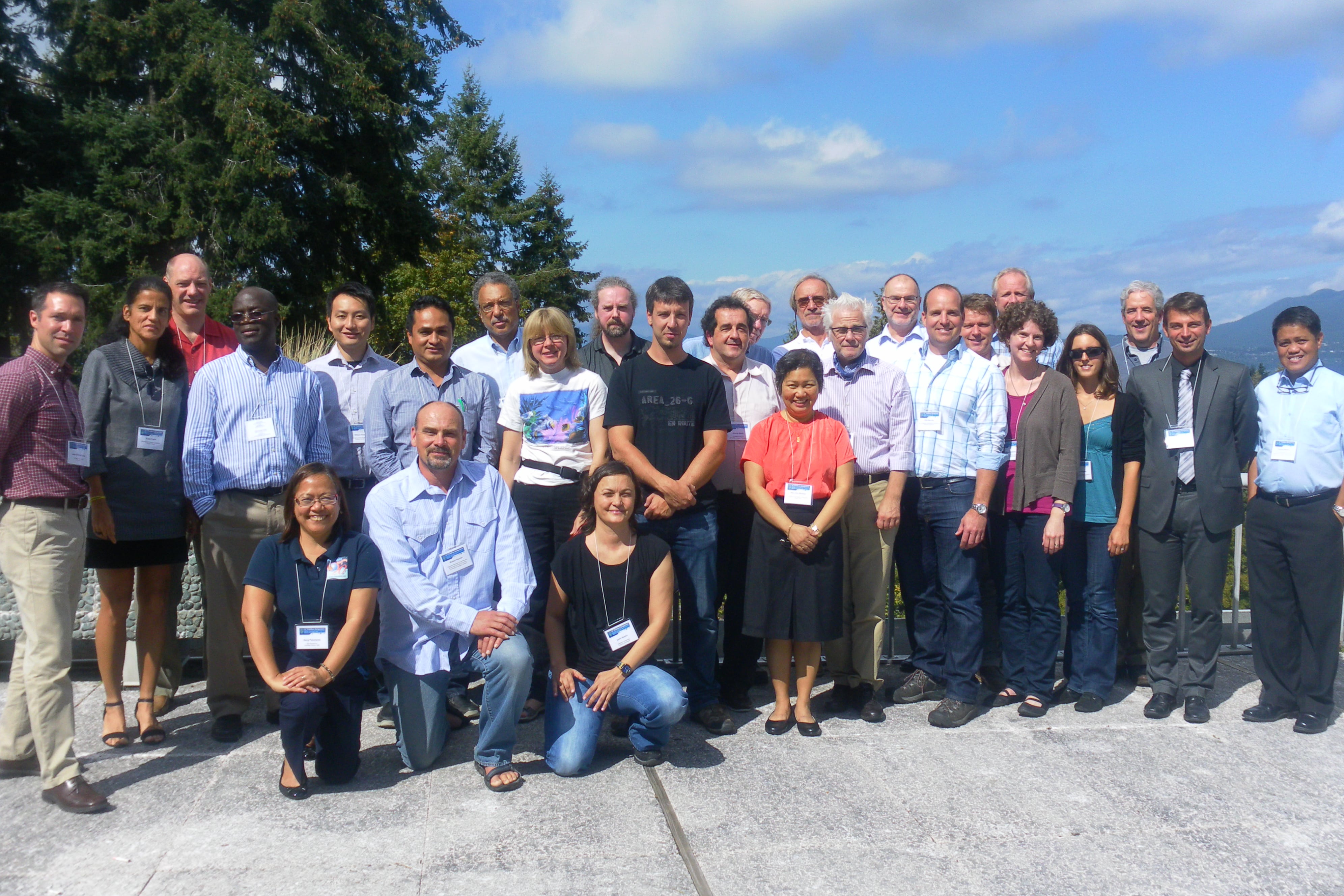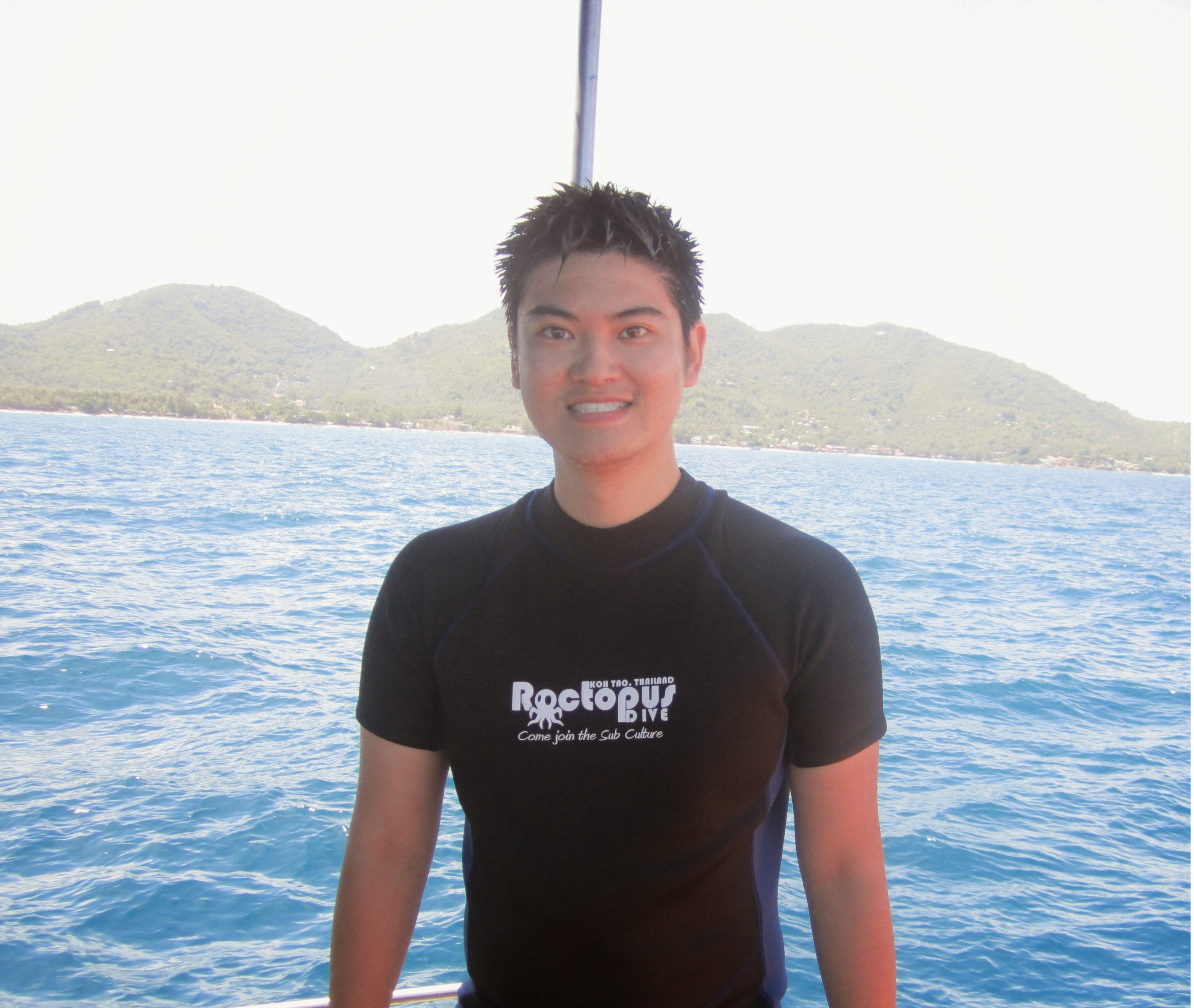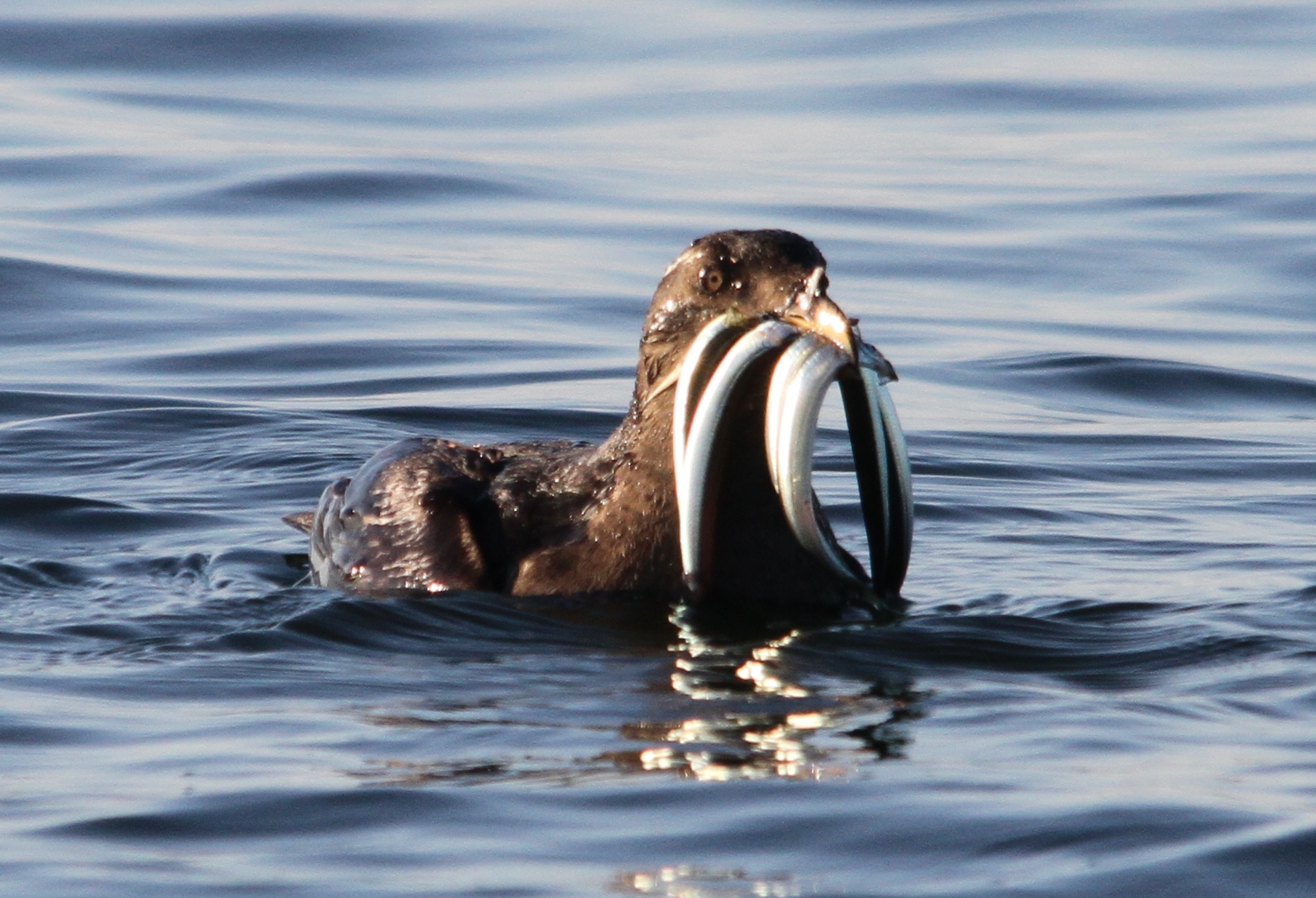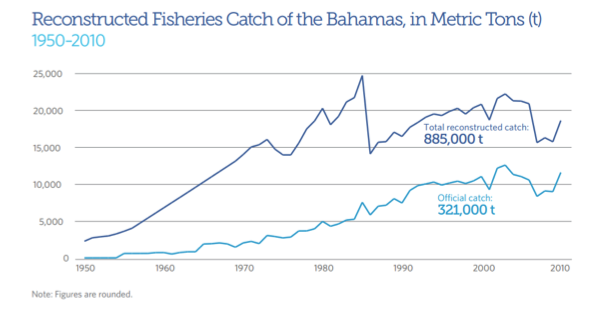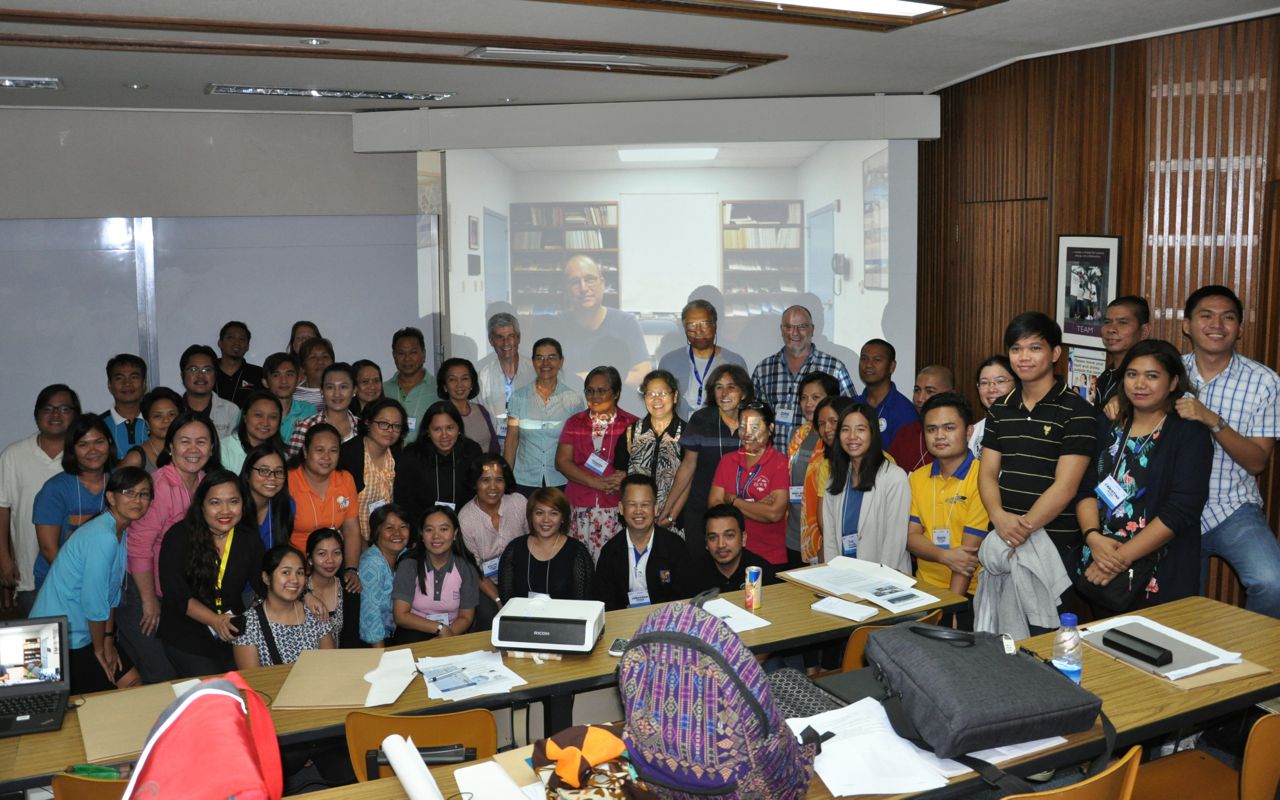
Dr. Box from the Smithsonian Institution presents the Fish Landing app during a workshop at the FishBase symposium in the Philippines associated with the 25th and 10th year anniversaries of FishBase and SeaLifeBase (Sea Around Us partners). The workshop was co-sponsored by the FishBase Information and Research Group (FIN), Oceana-Philippines, the Bureau of Fisheries and Aquatic Resources (BFAR) of the Philippine Department of Agriculture, and the Sea Around Us.
On the northern coast of Honduras local fishers noticed the amount of fish they caught was decreasing year after year. What’s more, it was becoming increasingly difficult to catch the amount of fish they needed to make a living.
Compounding their plight was the fact that because their catch went to local buyers and then on to domestic markets—no real catch data were available. Without these data, it is incredibly difficult to manage a sustainable fishery.
A new app could help change this. The Fish Landing app helps local buyers track the species and size of fish caught, fishing spots frequently used, and the profiles of local fishers.
The app was developed by a team of researchers from the Center of Marine Studies (CEM), and the Smithsonian Institution, led by Dr. Stephen Box from the Smithsonian.
“The wealth of data which will be collected using these tools will greatly contribute to data analysis, and can be a primary basis for any plans related to fisheries management and sustainability,” said Dr. Box at the workshop, which was organized and moderated by Dr. Deng Palomares.
The researchers initially used a paper-based system to try and track catch data, where fishers, upon returning from the ocean, would fill out forms detailing the number and species of fish they caught. At the end of each month these papers were given to researches who then laboriously digitized and analyzed the data. While relatively effective for some small communities, on a larger scale it was highly inefficient.
The Fish Landing app helps to streamline this process. Local buyers—who receive the majority of fish from the fishers—use an Android phone or iPad to keep track of the data. Through its picture-based operation system the app is easy to use.
But why would buyers want to participate? The app is a one-stop shop for business purposes, where buyers can track fish caught, money earned and paid, and who their clients are. Fishers also get more precise information about what and how much they catch and earn, and governments are given data that can be used for fisheries statistics. Data packages to be shared with governments or management agencies can be customized and adjusted to local needs and sensitivities.
Furthermore, governments will finally be able to understand the large role that small-scale fishers play in contributing to the economy and food security.
At the workshop where Dr. Box presented the Fish Landing app, two other closely-associated tools were also presented. These included a decentralized registration system that easily and rapidly creates “fisher identity cards.” Often, these are the only pieces of ID that the fishers possess.
The other tool is an onboard, cheap, self-contained, and solar powered GPS system that will help in understanding the amount of time fishers spend in certain waters, the competition for fishing grounds among fishers, and the seasonal patterns in seascape use, among a suite of other factors.
Daniel Pauly, Principal Investigator of the Sea Around Us, believes these tools together could transform the accumulation of fisheries data.
“These three items could revolutionize data acquisition for and by artisanal fishers in developing countries, including the Philippines where the presentation by Dr. Stephen Box generated considerable interest,” he said.
Dirk Zeller, Senior Scientist of the Sea Around Us, thinks these tools are a state of the art approach that not only improve data collection but also the management of small-scale fisheries, which recently received clear recognition through an endorsement by the Committee on Fisheries and Aquaculture (COFI), of the FAO’s Voluntary Guidelines for Securing Sustainable Small-Scale Fisheries in the Context of Food Security and Poverty Eradication.
“These tools and their associated direct and easy access to the data generated, will also empower local communities in their engagement in small-scale fisheries management,” he said.
The app and related tools are also being tested in Myanmar. Interest from the Philippine government and some NGOs expressed at the workshop may lead to the use of the fisheries app package, at least in some pilot areas. Dr. Mary Ann Bimbao (Executive Director of FIN) and Dr. Deng Palomares (Senior Scientist of the Sea Around Us) are in follow-up discussions with some members of the BFAR and Oceana-Philippines for future work.


